Avian Influenza Test Kits, Detection, and Prevention
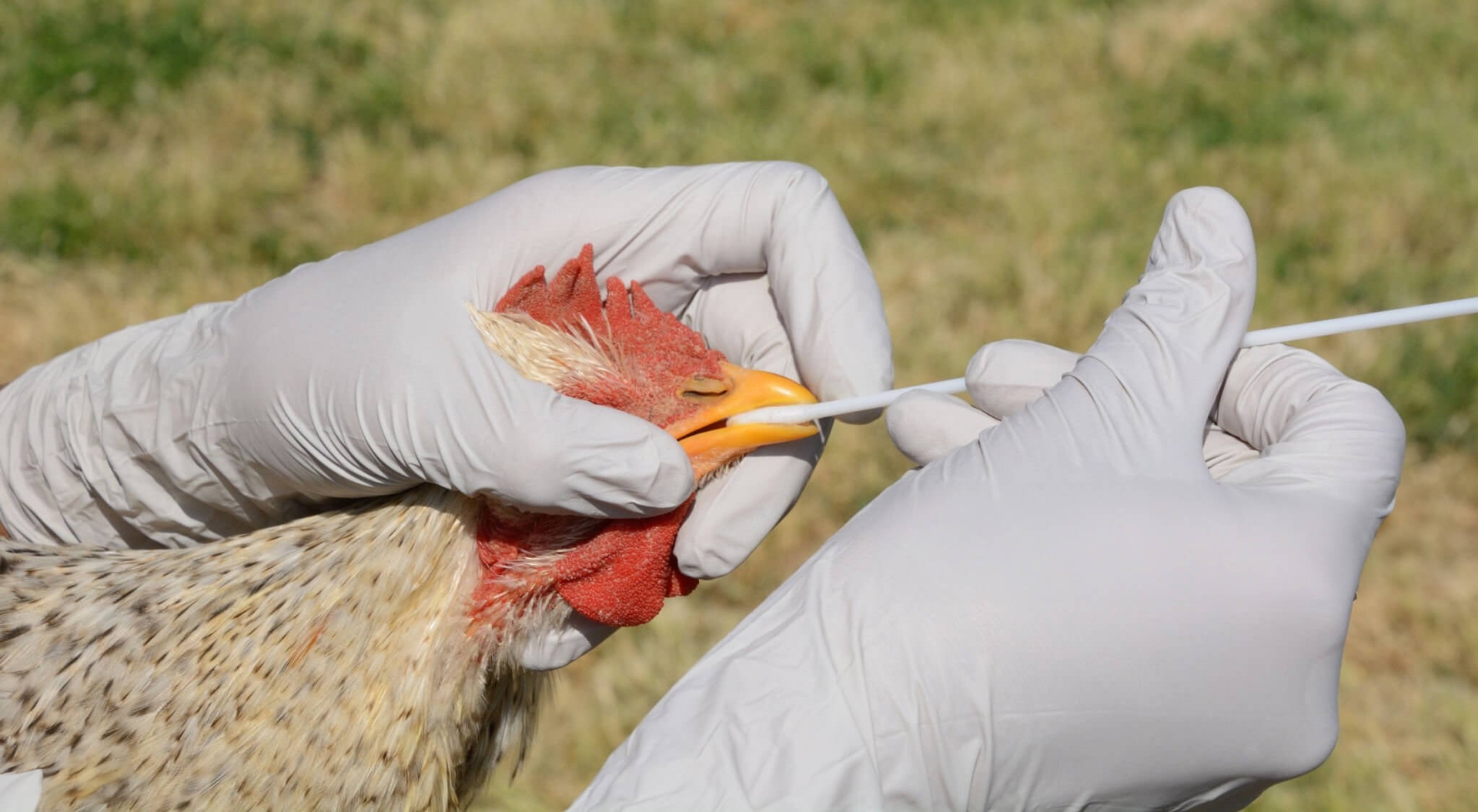
Contents Overview
Avian Influenza Test Kits and Symptoms
Early detection of avian influenza is essential for controlling the spread of this highly contagious virus among poultry. Quick identification allows for the immediate implementation of control measures, significantly reducing the risk of widespread outbreaks and minimizing the potential for zoonotic transmission.
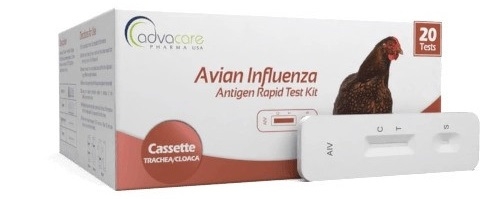
Avian Influenza Test Kit
Avian influenza test kits detect the avian influenza virus (AIV) in birds, including poultry, providing accurate results within 15 minutes. Ideal for veterinarians and poultry farmers, this ready-to-use kit ensures convenient and rapid diagnosis. Using immunochromatographic immunoassay technology, the kit identifies specific nucleoproteins of Influenza Type A viruses.
Signs of Avian Influenza in Domestic Poultry
- Respiratory distress: Coughing, sneezing, and nasal discharge.
- Decreased egg production: Sudden drop in the number of eggs laid.
- Swelling: Swollen head, neck, and eyes.
- Discoloration: Bluish discoloration of the combs and wattles.
- Diarrhea: Watery and greenish droppings.
- Lethargy: Reduced activity and lack of energy.
- Sudden death: In severe cases, sudden death without noticeable symptoms.
Avian Influenza Outbreaks and Prevention
Avian influenza outbreaks have periodically devastated the poultry industry worldwide, leading to significant economic losses. These crises have resulted in mass culling, egg shortages, and increased poultry prices. Beyond immediate financial impacts, they affect global trade and food security, with major poultry companies struggling to meet demand and facing declining share prices due to the knock-on effects across the food supply chain.
In 2024, the HPAI A(H5N1) virus was detected for the first time in goat kids, dairy cows, and alpacas in the United States, with the first human cases linked to cow-to-human transmission reported in April and May. These infections occurred on farms where poultry flocks had previously tested positive for the virus.
Avian Influenza Prevention
- Reducing wildlife attractants: Secure feed storage, clean up spills promptly, and manage vegetation around poultry houses.
- Preventing wildlife access: Install fences, netting, and screens; maintain buildings to eliminate entry points.
- Adding wildlife deterrents: Use motion-activated lights, sound devices, and scarecrows, regularly changing their positions.
- Ensuring proper sanitation and disinfection of equipment: Regularly clean and disinfect equipment, vehicles, and footwear; properly dispose of waste and dead birds.
- Restricting access to poultry areas for non-essential personnel: Limit entry to essential staff only and implement strict visitor protocols with protective clothing and disinfection.
- Providing training for farm workers on biosecurity measures: Educate and train workers on biosecurity importance and specific measures, regularly updating training programs.
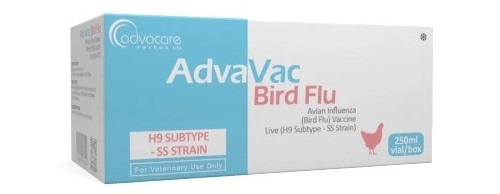
Vaccination
The Avian Influenza Vaccine is an inactivated viral vaccine used to immunize poultry, including broilers, breeders, layers, and chicks from 8 days old, against the H9 subtype of Bird Flu. It is generally safe and well-tolerated, triggering the animal's immune system to develop antibodies against the inactivated strain, enhancing the bird's ability to fight off the virus upon exposure. Typically administered by subcutaneous injection into the wing web, this vaccination is essential for preventing and controlling outbreaks, providing critical protection for poultry health.
Avian Influenza Precautions
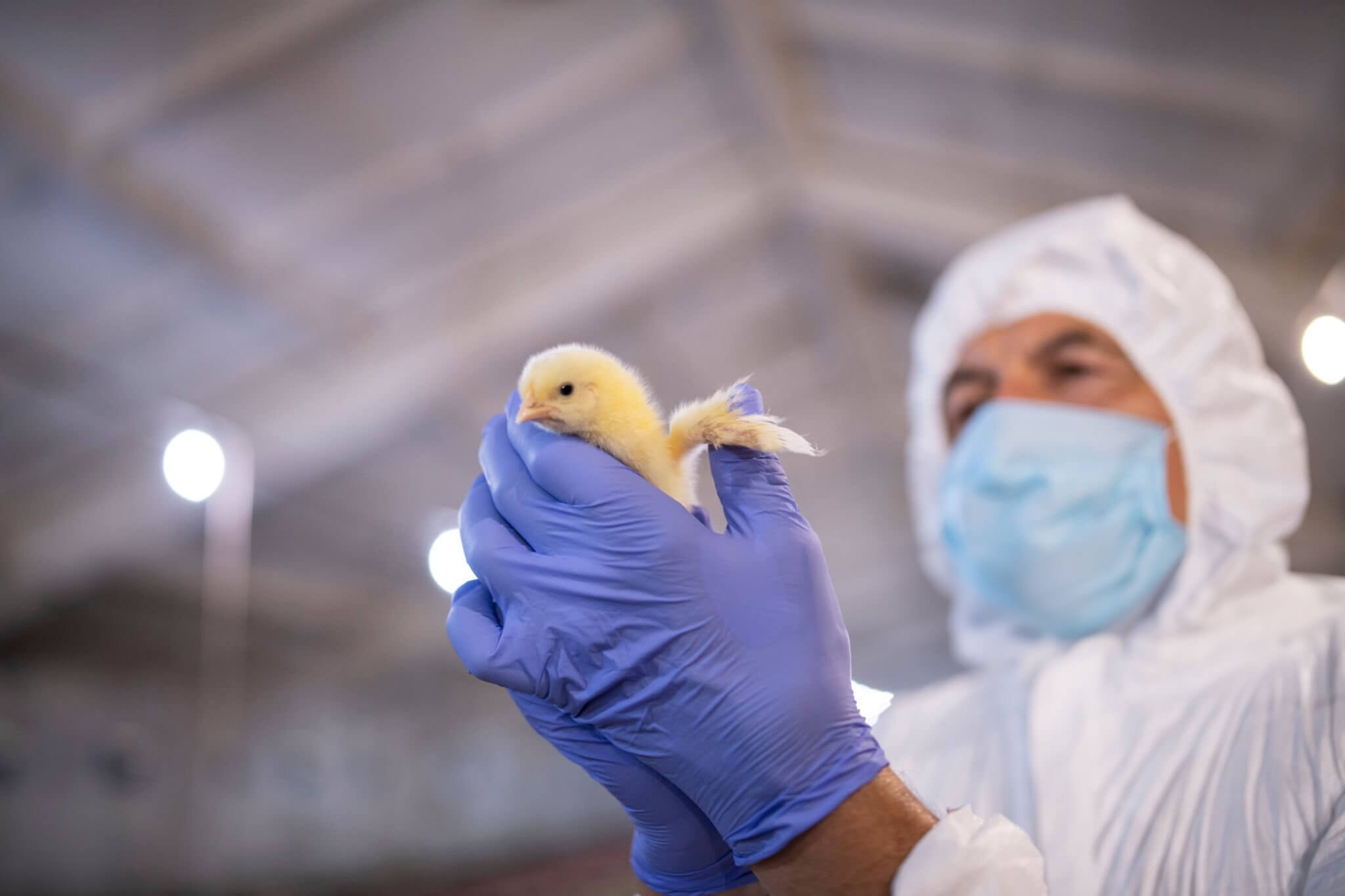
While rare, human infections with avian influenza have occurred, primarily through direct contact with infected birds or contaminated environments. In 1997, significant outbreaks of the highly pathogenic avian influenza (HPAI) H5N1 virus in poultry in Hong Kong led to zoonotic transmission, causing 18 human infections and six fatalities. These were the first documented cases of H5N1 human infections resulting in death.
Farmers and consumers should take the following precautions to protect themselves from avian influenza:- Avoid direct contact: Steer clear of sick or dead wild birds, poultry, and other animals.
- Wear PPE: Use personal protective equipment (PPE) when handling birds.
- Avoid contaminated surfaces: Do not touch surfaces or materials contaminated with saliva, mucus, or feces from birds or animals suspected or confirmed to have avian influenza A virus.
- Report sick birds or other animals: People should report sick birds or other animals or unusual bird or other animal deaths to the relevant government agency.
- Cook food properly: Ensure poultry and eggs are thoroughly cooked to kill any potential viruses.
- Avoid raw milk: Do not consume raw or unpasteurized milk and dairy products.
- Handle other meat safely: Cook all meat thoroughly and practice good hygiene to avoid cross-contamination.
- Travel precautions: Avoid visiting live poultry markets or farms in areas with known outbreaks.
Avian Influenza Medication for Human Infection

If diagnosed with Avian Influenza, seek prompt medical attention to prevent severe complications. Monitor health and report persistent symptoms to a healthcare provider. Symptoms can range from mild, such as fever, cough, sore throat, and muscle aches, to severe, including respiratory illness, pneumonia, and death. Visit a doctor if sick during or after travel and mention potential bird exposure. Treatment includes antiviral medications like oseltamivir or zanamivir and supportive care such as rest, hydration, and symptom management.
References: USDA (2022). “Protect Your Poultry From AVIAN INFLUENZA” Poultry World (2023). “Spotlight on economic and public health impacts of bird flu” USDA (2015). “Prevent Avian Influenza at Your Farm” CDC (2024). “1960-1999 Highlights in the History of Avian Influenza (Bird Flu) Timeline” CDC (2024). “2020-2024 Highlights in the History of Avian Influenza (Bird Flu) Timeline” CDC (2024). “Prevention and Antiviral Treatment of Avian Influenza A Viruses in People”
Don't want to miss the next AdvaCare article?

Recommended Content

Global Pet Supplement Market Trends: Why Distributors are Shifting to Pharmaceutical-Grade Quality

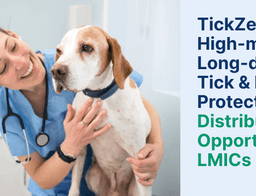
TickZero™: High-Margin, 12-Week Flea & Tick Protection, Distributor Opportunity in LMICs


Leveraging Pharma Expertise to Thrive in Supplement Distribution
